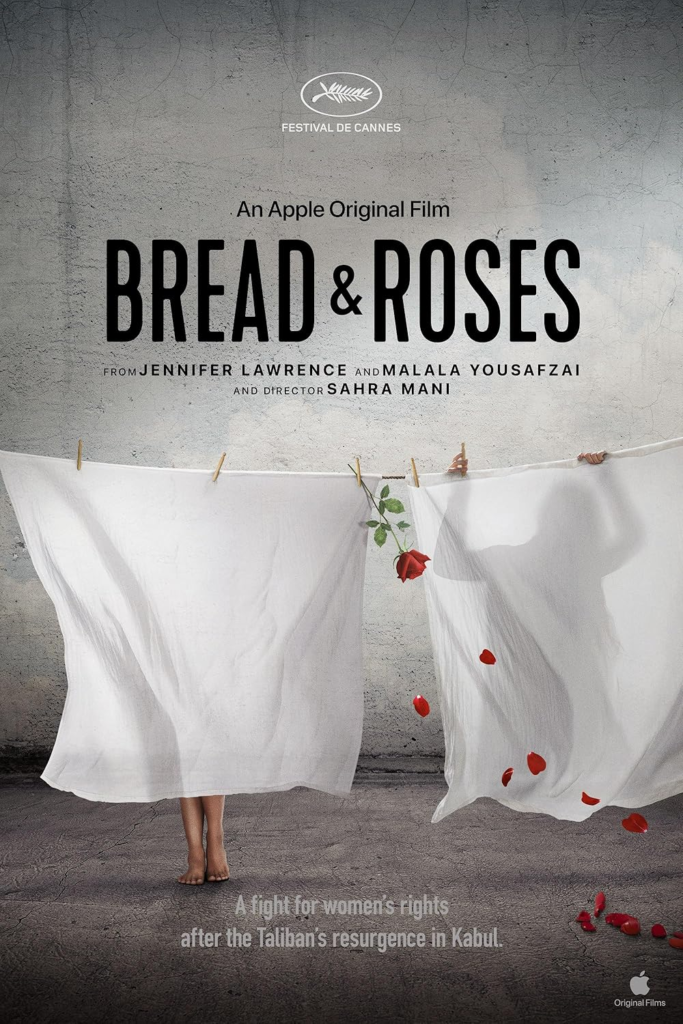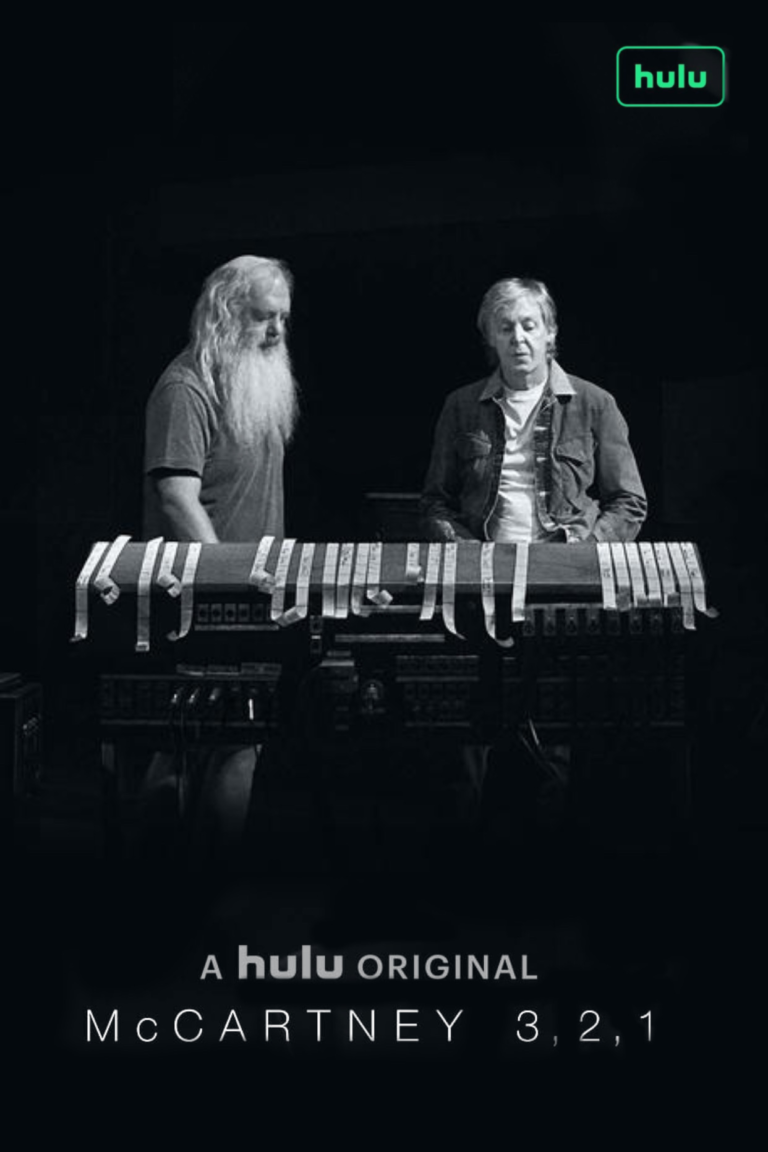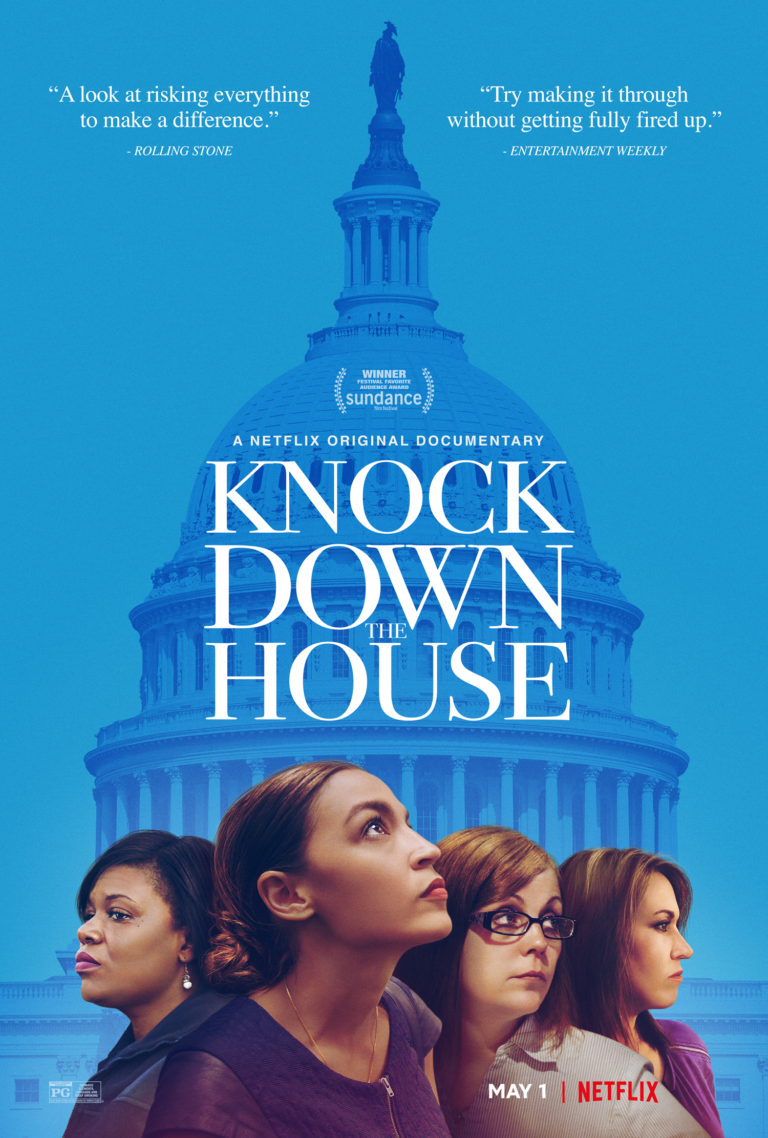Bread & Roses Christian Review

Afghanistan, under the grip of the Taliban, is a land haunted by the weight of oppression and loss. But Bread and Roses—a documentary directed by Sahra Mani and produced in part by Jennifer Lawrence—cuts through the shadows like a defiant cry. It’s raw, painful, and absolutely essential. Watching it is like staring into a mirror that reflects humanity’s ugliest scars and its fiercest hope. And for Christians in the United States, it raises deep questions about justice, advocacy, and the kind of world we’re called to help build.
A Portrait of Resistance
The documentary doesn’t waste time sugarcoating anything. You’re plunged into the day-to-day horrors faced by Afghan women living under the suffocating grip of the Taliban. Yet, this isn’t a tale of helplessness. No, this is about resistance—the kind that defies odds so insurmountable they’d make most of us crumble.
What hits hardest isn’t just the violence or fear, though there’s plenty of that. It’s the courage. These women risk their lives for a shred of dignity. For freedom. For a future that might never come. The way Bread and Roses captures this tension—between despair and hope—feels deeply biblical.
Think of Moses standing before Pharaoh, demanding freedom for the Israelites. Think of Esther, risking everything to save her people. There’s something sacred about resistance born of love and fueled by faith in a better tomorrow. As Christians, we’re called to recognize that, to see God’s image reflected in every act of bravery, no matter where it happens.
The Weight of Oppression
Watching this film, you can’t help but wrestle with what oppression really means. For Afghan women, it’s not just political; it’s personal. It’s woven into every thread of life. And here’s where Bread and Roses digs deep, refusing to turn away from the messy, painful truths.
The Taliban’s rules don’t just control women’s movements or dress—they strip away autonomy, voice, and dreams. The film doesn’t shy away from showing how that kind of control eats away at the soul. Yet even in this darkness, there’s light. Small acts of defiance—smuggled books, whispered prayers, a refusal to bow—become profound statements of faith and humanity.
For viewers in the U.S., where freedom is often taken for granted, this is a gut check. Are we paying attention to what’s happening in Afghanistan? Do we care enough to act? Or are we so consumed by our own struggles that we’ve turned a blind eye to theirs?
Justice and the Christian Call
Here’s the thing about Bread and Roses: it doesn’t just tell a story. It demands a response. As Christians, we can’t watch this and shrug it off. The Bible is clear—justice isn’t optional.
Micah 6:8 calls us to act justly, love mercy, and walk humbly with God. That’s not a suggestion; it’s a mandate. And Proverbs 31:8-9 challenges us to speak up for those who can’t speak for themselves. Afghan women, silenced and oppressed, are crying out for someone to listen.
What does listening look like? Maybe it’s raising awareness, donating to organizations working on the ground, or advocating for policies that protect vulnerable populations. Maybe it’s as simple—and as powerful—as prayer. Not the kind of vague, “thoughts-and-prayers” gesture, but real intercession. The kind that moves mountains.
The Chilling Question
One of the most haunting moments in Bread and Roses comes at the end. Without giving too much away, there’s a lingering question about the fate of one of the women. It’s a reminder that in a place like Afghanistan, hope and fear are constant companions.
This moment feels like a wake-up call. It forces you to sit with the discomfort, to recognize that these stories don’t always have happy endings. Yet even in that uncertainty, there’s a challenge: What are we doing to make sure the story changes? How can we ensure that future generations don’t face the same horrors?
Faith in Action
What makes Bread and Roses so powerful is its insistence on hope. Not the shallow, Hallmark kind, but the gritty, determined kind that rises from the ashes. For Christians, this kind of hope should feel familiar. It’s the hope of the resurrection, the belief that even death isn’t the end of the story.
But hope isn’t passive. It requires action. The women in this documentary embody that truth. They refuse to accept their oppressors’ will, instead fighting for a better world. And isn’t that what Jesus calls us to do? To be salt and light, to bring His kingdom to earth as it is in heaven?
The Role of the Church
Here in the U.S., it’s easy for churches to focus inward—on programs, budgets, and the comfort of their congregations. But Bread and Roses challenges us to look outward. How are we supporting the global body of Christ? How are we standing with those who suffer?
This isn’t about guilt; it’s about responsibility. We have resources, influence, and freedom that many in Afghanistan can only dream of. What are we doing with that privilege? How can we use it to lift others up?
A Testament to God’s Image
At its core, Bread and Roses is a testament to the enduring image of God in humanity. Despite everything, these women refuse to let their oppressors define them. They cling to their dignity, their dreams, their faith.
As Christians, we should be inspired by that. We should be reminded that no amount of darkness can snuff out the light of God’s love. And we should be challenged to reflect that light in our own lives, no matter the cost.
Final Thoughts
Bread and Roses isn’t an easy watch, but it’s a necessary one. It forces you to confront the reality of oppression, the power of resistance, and the responsibility we all share to fight for justice. For Christians, it’s a call to action—a reminder that our faith isn’t just about belief but about how we live it out in the world.
This film gets a 9 out of 10, not because it’s perfect, but because it’s vital. It’s a story that needs to be told, a mirror that forces us to see ourselves more clearly. And for that, it deserves our attention, our prayers, and our action.







